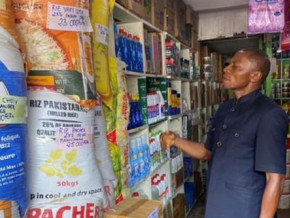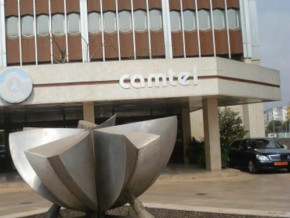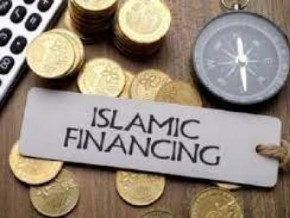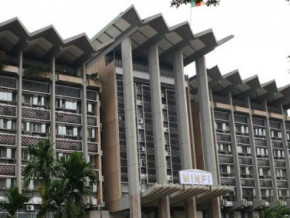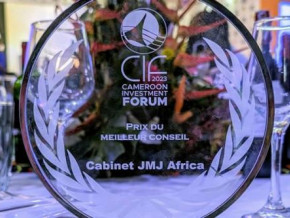
Yaoundé - 25 April 2024 -
Aviculture
Cameroonian customs seize 500 kg of frozen chicken cuts in Yaoundé
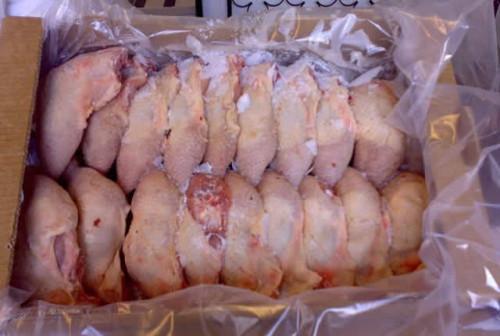
(Business in Cameroon) - Last September 28, the Cameroonian customs seized a cargo of 500 kg of frozen chicken pieces in Yaoundé, we learnt. Products were to be sold on the local market.
Indeed, import of frozen chicken has been banned in the country since 2006 to boost the national poultry sector affected by massive imports. However, the product is still available over the counter in some fish shops, in the capital. Sources said economic operators are taking advantage of the porous borders between Cameroon and neighboring Nigeria, Gabon, Chad and Equatorial Guinea to import frozen chicken which are sold at cheaper prices than live chicken.
BRM
Mags frontpage
- Most read 7 days
- shared 1 month
- read 1 month
next
prev

























